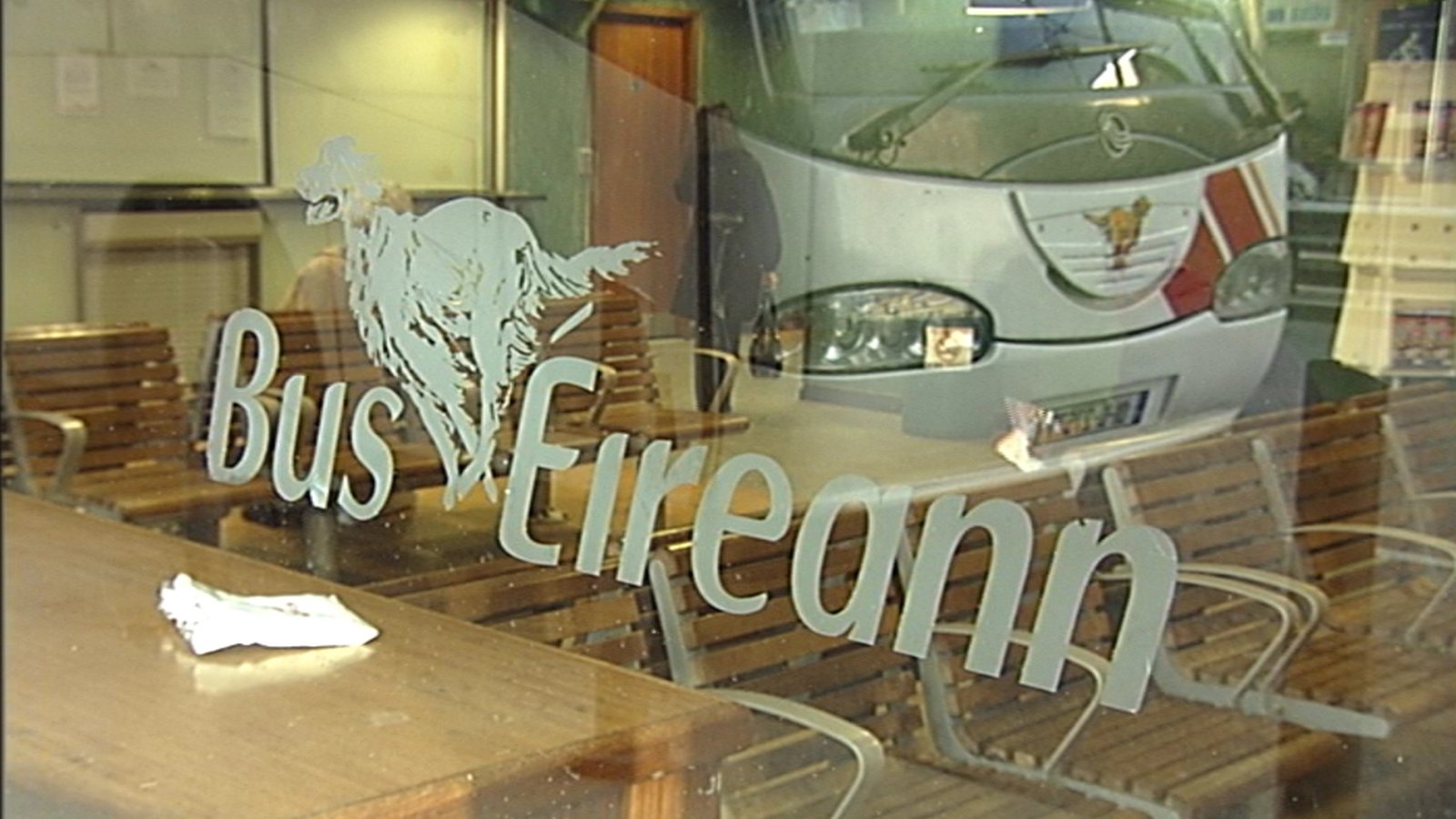Bussiness
Visually-impaired man wins case against Bus Éireann

A visually-impaired man who was “publicly humiliated” when the driver of a Bus Éireann coach refused to let him board with his guide dog last summer – requiring him take a taxi to a medical appointment and stop at an ATM to take out cash for the fare – has won €4,000 for discrimination.
Bus Éireann had maintained that what happened had been an an “isolated incident” and didn’t amount to a breach of the Equal Status Act 2000 as alleged by the passenger, Kenneth Walsh.
However, the Workplace Relations Commission said the driver of the number 226 bus had acted “unreasonably” by refusing to let Mr Walsh and his service dog travel when they attempted to board the 1pm to Cork City at Kinsale on 26 June last year.
In evidence to an equality hearing in March Mr Walsh explained that the number 226 route was normally served by a double-decker bus, but as the vehicle that arrived to the stop that afternoon was a coach, the driver “must have thought that because coach buses have no wheelchair space, that there wasn’t going to be a space for [the] dog”.
The driver told him to wait for a double-decker, Mr Walsh said. He told the WRC that when he protested that he was trying to make a 2pm medical appointment in Cork, the driver told him: “That’s not my problem.”
The bus was “practically empty” at the time, Mr Walsh added.
He told the tribunal his usual approach was to sit at the very back of a coach bus with his service dog at his feet “not in the way of other passengers”.
Mr Walsh’s evidence was that he approached the driver again and suggested: “I’ll head away down the back.” However, the driver again told him there was “no room”.
He told the WRC he “felt that the driver was looking for an argument” so he got off the bus.
In order to make it to the medical appointment in time, Mr Walsh said he had to go by taxi. The taxi had no facility for accepting a card payment, and he had not brought enough cash to pay the fare, he said – meaning he had to ask the taxi driver to make a stop at Cork airport to use an ATM.
When he got there, he found the ATM was a touch-screen machine which he had difficulty in using, and as a result he had to give the driver his PIN number to withdraw the cash, the complainant said – calling it “extremely stressful”.
Bus Éireann’s accessibility manager, Christian Clarke, asked the WRC to conclude that because what had happened was “an isolated incident caused by human error, what occurred was not discrimination”.
He said the driver rostered on the day was “usually a city-based driver” and rarely drove the Kinsale to Cork route. Mr Clarke told the WRC the driver agreed with the complainant’s account and was “genuinely very sorry for what happened”.
Mr Clarke added the driver had been told that he had got Bus Éireann’s policies wrong and that the “gap in his knowledge” had been “rectrified”.
Mr Clarke also told the tribunal that the company was prepared to reimburse Mr Walsh for the price of his taxi fare and offered to meet with the complainant personally to “get a better understanding of how [the company] can engage with the visually impaired community”.
Noting that there was no dispute on the facts of the matter, adjudicator Catherine Byrne wrote in her decision: “If common sense had prevailed, and if the driver had been more positively disposed to assisting the complainant, he could have asked him where his dog normally sits on single deck buses, or he could have called his base for advice.”
She said reasonable efforts were being made by the company to ensure it was meeting its obligations towards disabled people, and accepted that what happened “may have been an isolated incident”.
“However, the impact on [Mr Walsh] was considerable. He was publicly humiliated, he was inconvenienced in how he went about his daily business, he was out of pocket, and he suffered further distress when he had to give his bank ATM number to a taxi driver,” Ms Byrne wrote.
The effect of what happened “doesn’t end in one day, but it permeates into the future, making the person anxious about going out and having an ordinary life”, Ms Byrne added.
Upholding Mr Walsh’s complaint, she said the refusal was a “discriminatory act”.
Taking into account Bus Éireann’s apology, she ordered it to pay Mr Walsh €4,000 “as compensation in some measure for the distress that he suffered”.










